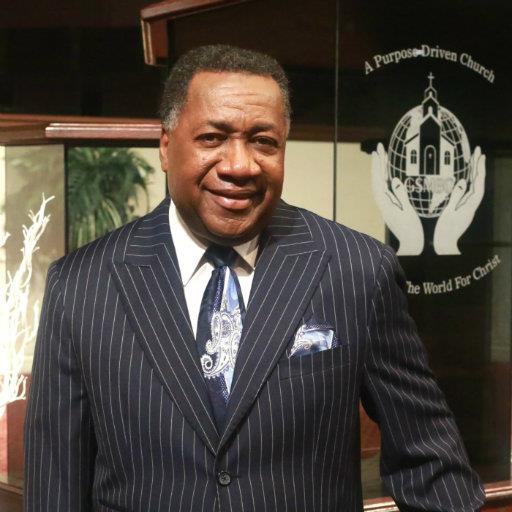April 15, 2024
Only Obedience Will Do
Samuel came to Saul, and Saul said to him, “Blessed are you of the LORD! I have carried out the command of the LORD.” But Samuel said, ‟What then is this bleating of the sheep in my ears, and the lowing of the oxen which I hear?” Saul said, “They have brought them from the Amalekites, for the people spared the best of the sheep and oxen, to sacrifice to the LORD your God; but the rest we have utterly destroyed.” Then Samuel said to Saul, “… Is it not true, though you were little in your own eyes, you were made the head of the tribes of Israel? And the LORD anointed you king over Israel, and the LORD sent you on a mission, and said, ‘Go and utterly destroy the sinners, the Amalekites, and fight against them until they are exterminated.’ Why then did you not obey the voice of the LORD, but rushed upon the spoil and did what was evil in the sight of the LORD?” Then Saul said to Samuel, “I did obey the voice of the LORD, and went on the mission on which the LORD sent me, and have brought back Agag the king of Amalek, and have utterly destroyed the Amalekites. But the people took some of the spoil, sheep and oxen, the choicest of the things devoted to destruction, to sacrifice to the LORD your God at Gilgal.” Samuel said, “Has the LORD as much delight in burnt offerings and sacrifices as in obeying the voice of the LORD? Behold, to obey is better than sacrifice, and to heed than the fat of rams. For rebellion is as the sin of divination, and insubordination is as iniquity and idolatry. Because you have rejected the word of the LORD, He has also rejected you from being king.” 1 Samuel 15:1-35
The most obvious way to step out of God’s will is to commit deliberate sin. In fact, this is so apparent that you might wonder why I’m pointing it out. The reason is that I often hear believers try to justify partial obedience.
King Saul tried to justify ignoring the Lord’s instructions. After God ordered the Israelites to utterly destroy the Amalekites and all their holdings, they spared the choicest beasts as well as the leader, Agag. Pleased with himself, Saul announced that he had done as commanded. But when Samuel questioned him further, Saul tried to blame the people (1 Samuel 15:15). A king’s subjects, however, cannot act in so brazen a manner without his knowledge and permission.
Saul didn’t stop there. He argued that the animals had been saved so they could be sacrificed to the Lord. He must have sounded quite righteous to his own ears. But Samuel was not fooled. He called Saul’s action by its proper name—insubordination (v. 23).
Our reason for partial obedience may sound logical, but that doesn’t change the fact that we’re still in rebellion. Excuses and justifications won’t sway God in the slightest. He doesn’t alter His will to accommodate human desires or common sense. Instead, He looks for and takes delight in a faithful follower.
Are you trying to rationalize a decision or behavior? Perhaps you’ve offered reasons for pursuing a certain path. Or maybe you tried bargaining with God. I assure you He isn’t moved by any arguments. Remember: Partial obedience is disobedience in His eyes. And no sin is worth being outside His will.
Listen to Dr. Michael W. Wesley Sr. on OnePlace.com
Watch Dr. Michael W. Wesley Sr. on LightSource.com





